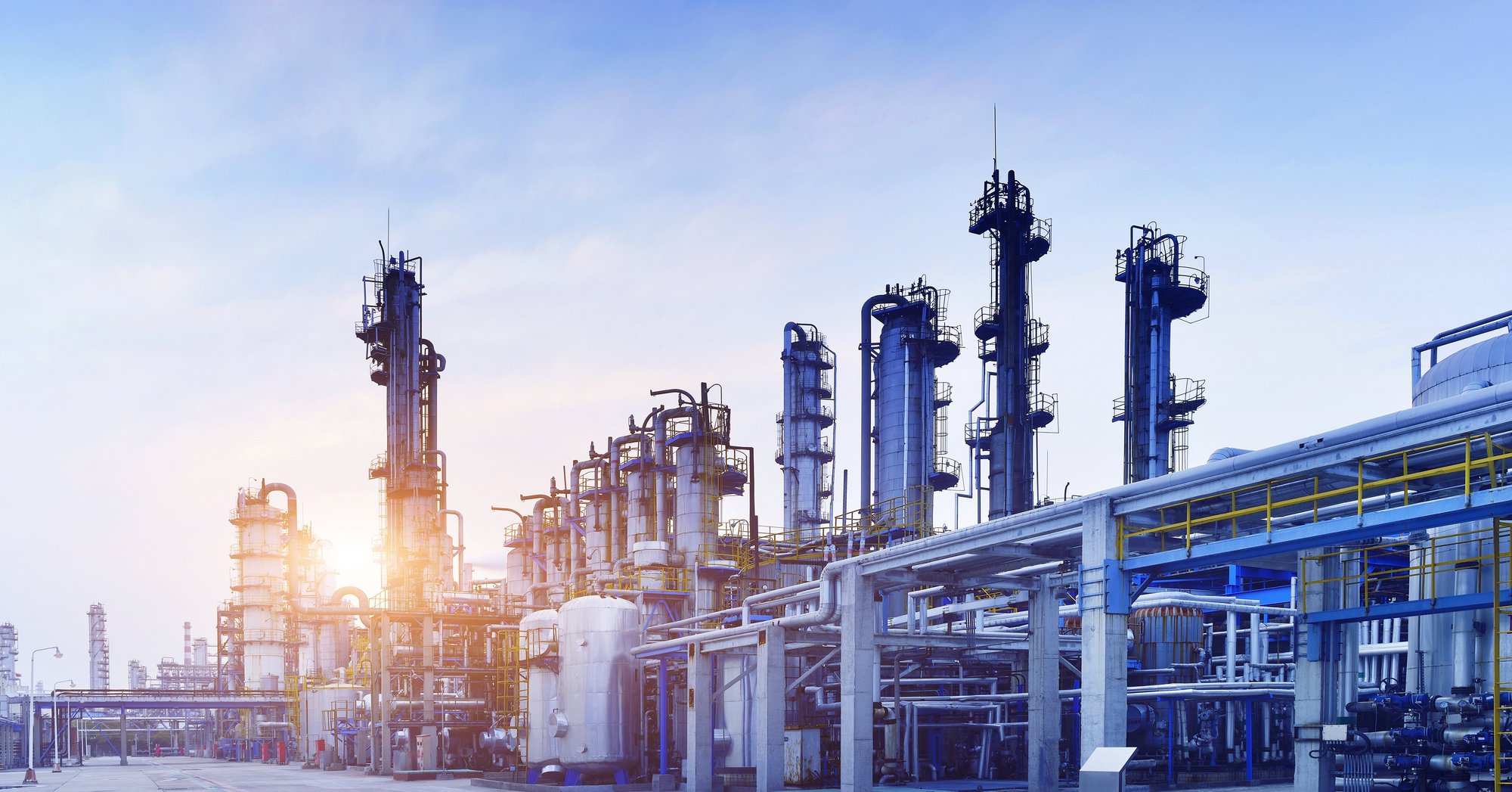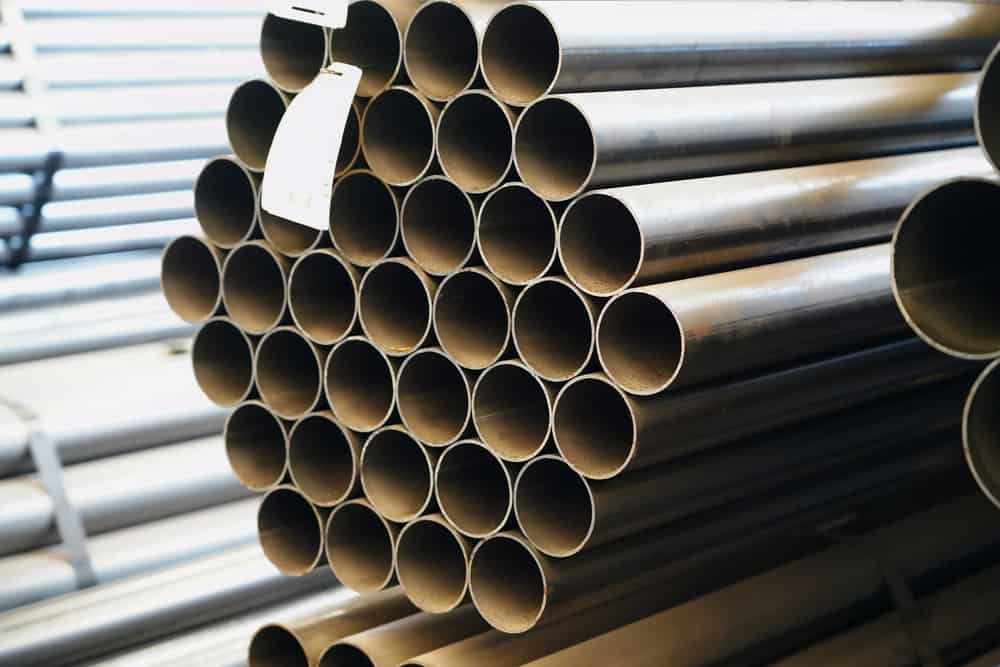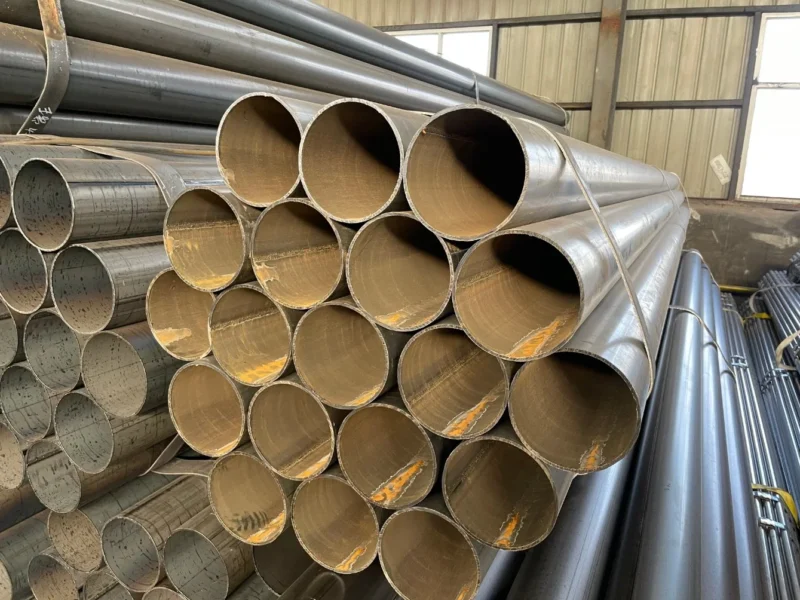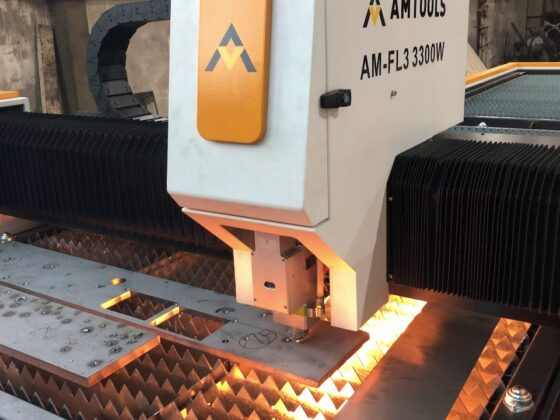ERW pipes are a type of steel pipe that is used in various industries for a variety of applications. They offer numerous advantages over traditional methods and materials, making them the preferred choice for many projects.
In this article, we will explore the different uses of ERW pipes as well as their benefits. We will examine how they can be used to create cost-effective solutions while improving overall efficiency in industrial operations around the world.
Additionally, we will discuss how recent advances have enabled these pipes to become even more versatile and reliable than before. By understanding the capabilities offered by ERW pipes and their potential applications across multiple industries, organizations can make informed decisions when planning future projects.
Oil & Gas Industry
The oil and gas industry is a major user of electric resistance welding (ERW) pipes. This type of pipe offers several advantages over other methods, making it an attractive option for many applications in the sector.
ERW pipes are strong and durable, able to withstand pressures up to 7500 psi or more depending on the grade used. They are also lightweight yet still have great strength-to-weight ratios, making them easy to transport and install.
In addition, they can be manufactured quickly with minimal waste material due to their construction process. Their ability to resist corrosion from oil and gas as well as other acids makes them ideal for use in harsh environments where durability is essential.
Finally, due to their unique design they require very little maintenance once installed, saving time and money for businesses operating within the oil & gas industry.
Petrochemical Industries

The petrochemical industry is one of the largest consumers of ERW pipes. The process of oil and gas extraction, refining, and transportation requires a reliable piping system that can withstand extreme temperatures and pressures.
ERW pipes consist of a continuous strip formed from hot-rolled steel coil which has been slit into individual pieces with automated welding techniques. This ensures that the pipe material is strong enough to resist corrosion due to exposure to harsh chemicals used in petrochemicals such as hydrochloric acid, sulfuric acid, ethylene dichloride, etc.
Furthermore, ERW pipes are lightweight yet resistant to bending or buckling under pressure; this makes them ideal for applications where precise measurements are required without compromising quality or safety standards. Additionally, their non-flammable property makes them suitable for transporting combustible materials safely and securely over long distances without any risk of fire hazards associated with traditional metal piping systems.
In conclusion, ERW pipes offer many advantages in the petrochemical industries which include durability against corrosive substances; accurate measurement capabilities; resistance to flexing under pressure; ease of installation and maintenance; cost efficiency compared to other piping solutions; and most importantly – enhanced safety measures while handling hazardous chemicals.
Engineering & Construction Companies
Engineering and construction companies have long relied on ERW pipes for a wide variety of applications in various industries. These steel pipes are highly durable, non-corrosive, and can be customized to fit any specific needs that an organization may have.
Furthermore, they are relatively lightweight which makes them perfect for many large-scale projects such as bridges or buildings. ERW pipes offer several advantages over traditional piping solutions including their versatility; they can be used in almost any type of application from water supply lines to sewage systems to gas pipelines and even for industrial purposes like oil rigs.
They also require less labor during installation due to their uniform shape and size which helps reduce overall costs associated with the project. Additionally, these pipes are often much more cost-effective than other types of pipe materials because they require fewer resources during production and installation processes.
Ultimately, engineering & construction companies rely on ERW pipes because they offer numerous benefits across multiple industries that far outweigh some of the traditional alternatives.
Conclusion

In conclusion, ERW pipes are a great choice for many industries due to their ability to provide excellent performance and durability. They offer superior strength and corrosion resistance, making them ideal for use in high-pressure environments and harsh conditions.
Additionally, they come in various sizes and shapes to meet the needs of different applications. Moreover, mild steel pipe is one of the most popular materials used for manufacturing ERW pipes because it is reliable yet cost-effective. This makes ERW pipes an attractive option for industrial piping systems worldwide.


